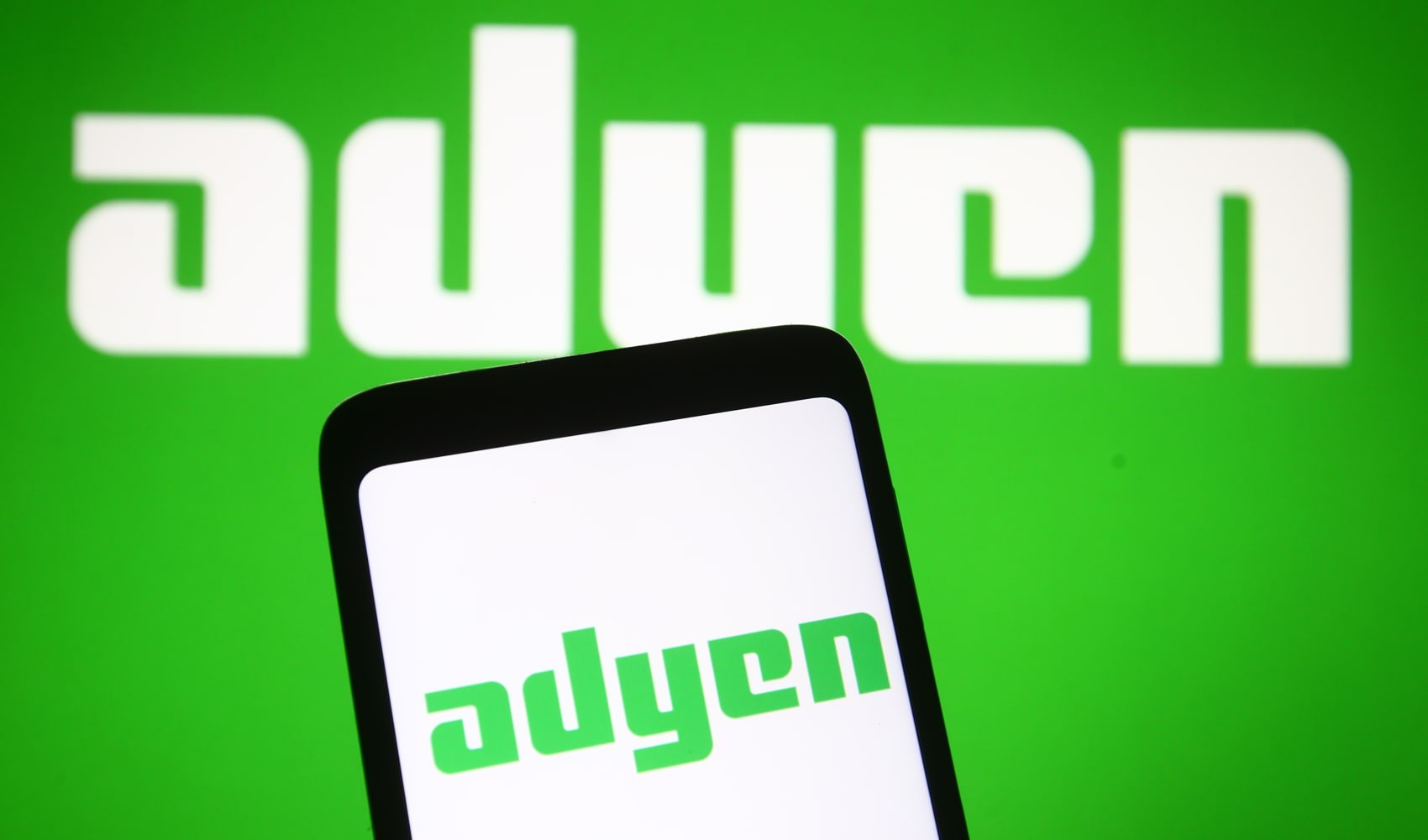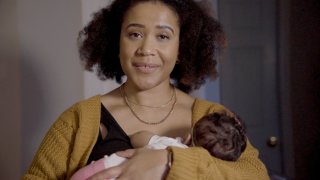
Samantha Griffin is in the business of helping people just as their lives are about to change forever.
Griffin, 34, is a doula and owner of DC Metro Maternity, an agency specializing in labor and postpartum support for women of color in Washington, Maryland and Virginia.
As a doula, she supports people through pregnancy, birth and postpartum. She helps clients understand how their bodies and emotions change through the experience, and during labor serves as an advocate in the delivery room to make sure clients are safe and comfortable.
It's kind of like when people hire a wedding planner, she tells CNBC Make It: "The couple at the center of it gets to make the decisions. Birth is something that, in my opinion, you should really be in charge of. What we're there to do is really to help you gather all of the pieces that you need to make that happen."
Get top local stories in Southern California delivered to you every morning. Sign up for NBC LA's News Headlines newsletter.
Griffin took her first client in 2014, began working full-time as a doula in 2016, and launched her own agency in 2018. In the four years since, Griffin and her 10-person team have helped deliver and care for more than 150 babies in the Washington area.
As a doula and business owner, Griffin earned about $85,000 in the last year. Here's a look at what it takes to be a doula.
Getting the job
Money Report
Griffin grew up in the Washington suburbs and studied music and psychology at Duke University. While there, she took race and gender studies classes and wanted to put her interest in the topics into practice. She graduated in 2009 and took a job with a nonprofit, where she helped young women in the foster care system.
While there, Griffin learned that roughly one-third of young women left the child welfare system either pregnant or parenting. Over the next few years, she worked for several nonprofits, including with the Black Women's Health Imperative, where she learned about Black maternal mortality rates.
Black women in the U.S. are three times more likely to die from a pregnancy-related cause than white women, and these disparities stem from varying quality of health care, underlying conditions, implicit bias and systemic racism.

One solution Griffin kept seeing was the role doulas can serve as advocates for parents navigating the medical system.
So, Griffin decided to become a doula. Doing so usually requires a two-day training, which can cost a few hundred dollars, followed by a certification process that requires a certain number of hours of client work. She enrolled in a doula training course with Mamatoto Village, which was led by and for Black women.
The hours were challenging (babies often come in the middle of the night, Griffin says), and she juggled multiple clients at once. On top of that, she was working full-time and earning a masters degree in public health from George Washington University. It took Griffin a few months to complete more than 30 client hours and earn her certification.
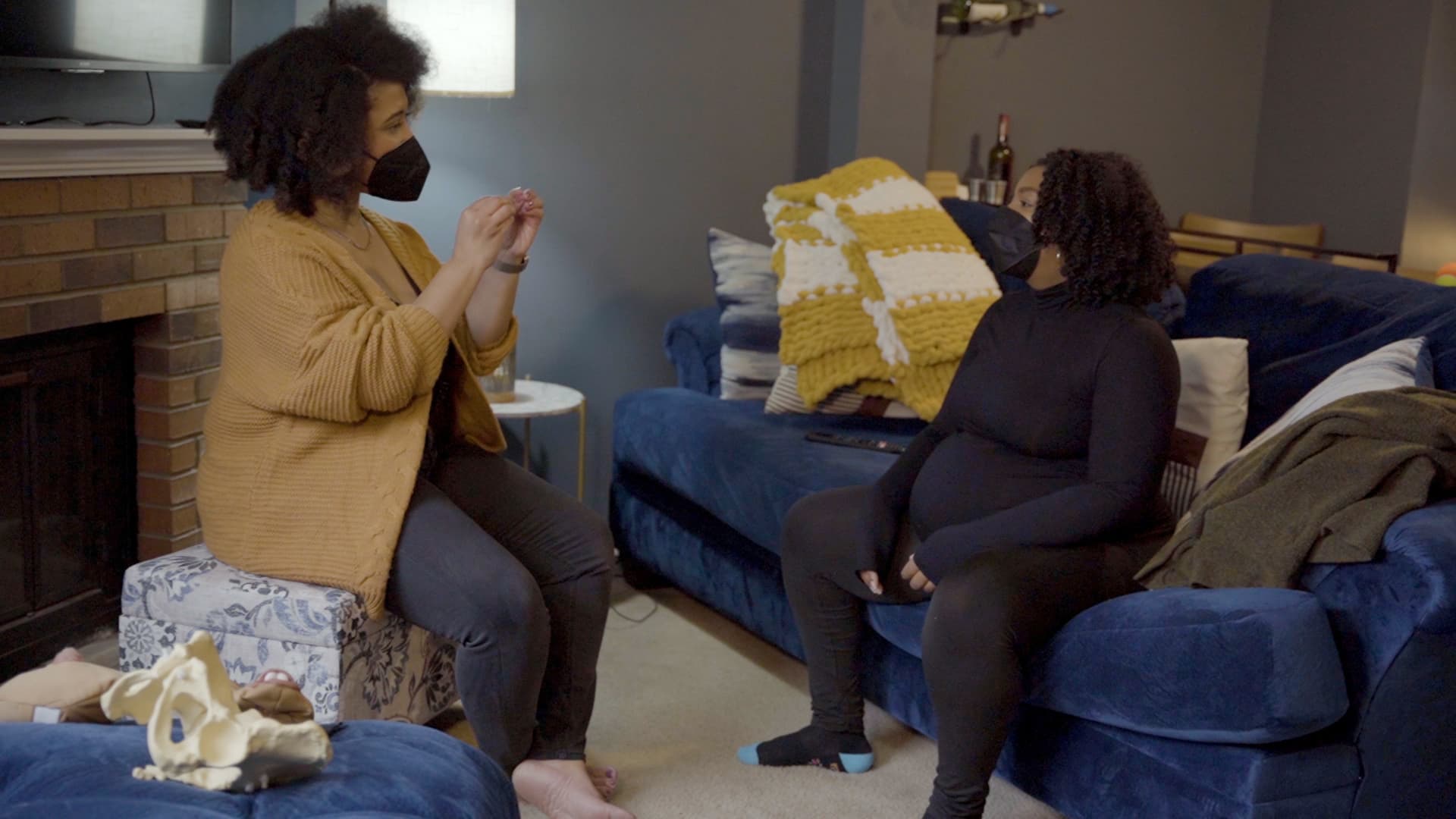
Eventually, she realized she was happier doing doula work than sitting at a desk, so she quit her nonprofit day job and grad school.
The biggest thing she would change about the experience would be managing initial feelings of imposter syndrome. She was one of two young women in her training class who were not parents. "If I could go back to 25-year-old me," Griffin says, "I would tell her it's really not a big deal that she hasn't had kids."
"We don't expect every dentist to have had a root canal recently," she says, "and plenty of people have obstetricians who don't have uteruses. And so it's not necessary to have done the thing in order to help people as a doula."
A day on the job
Griffin began working full-time as a doula in 2016 and launched her own agency in 2018. She now has a team of 10 who are all Black women, which she says "is awesome because that's mostly who we serve." Each person works as an independent contractor, sets their own rates and has their own clients as well as ones who work with DC Metro Maternity directly.
The unpredictable nature of childbirth means doulas don't have a typical workday. Griffin has worked up to 75 hours in a week between daytime clients and overnight shifts. Plus, she spends time running the business, like doing social media marketing, calling clients, processing paychecks and arranging schedules with her team.
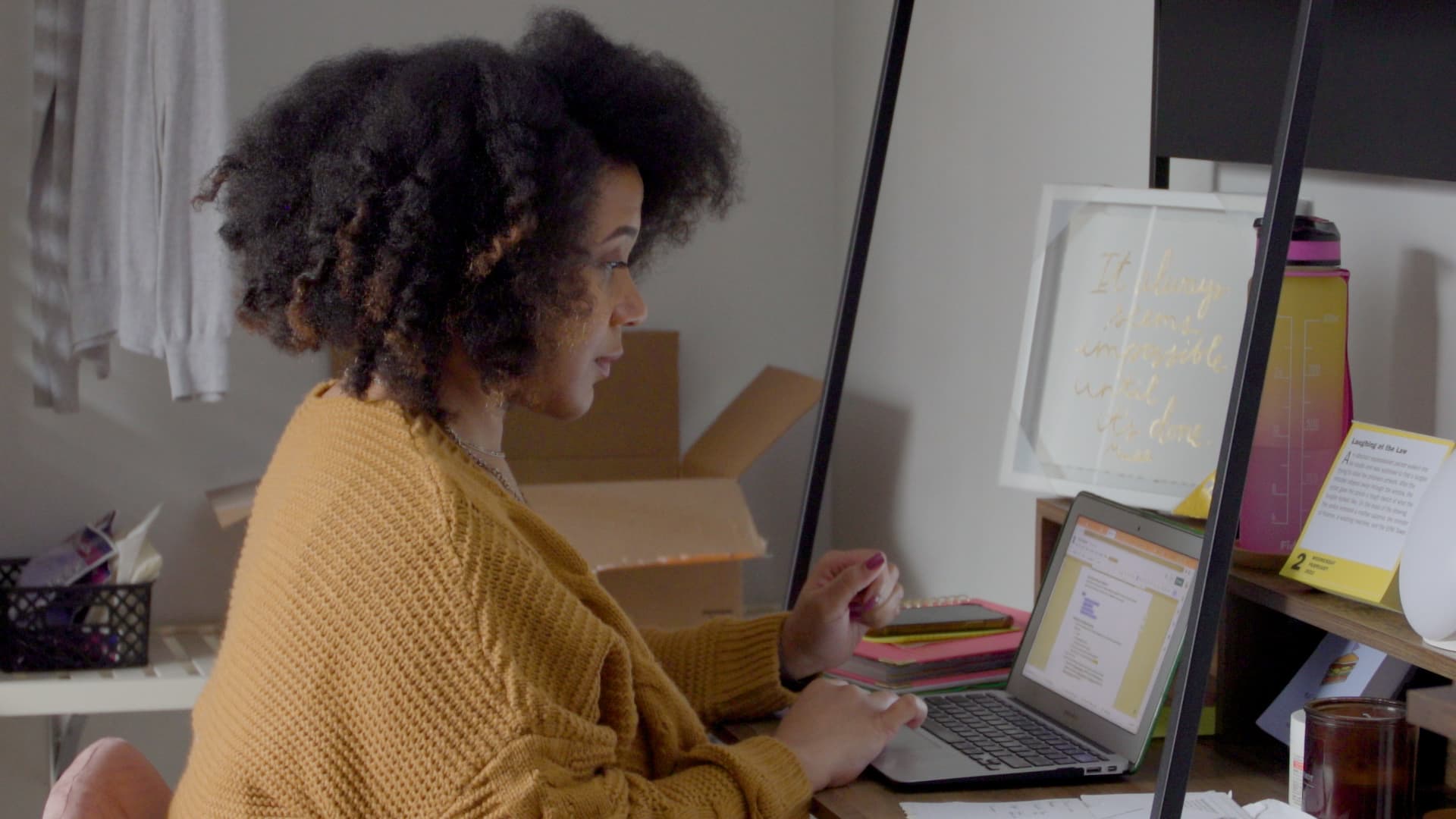
DC Metro Maternity, which currently works with 20 clients, charges a flat fee of $2,500 for labor services and an hourly rate of $37 to $42 for postpartum support.
Labor services include pre-natal meetings to discuss birth plans and learn comfort measures like massage and breathing techniques.
Postpartum support includes helping parents adjust to having a newborn at home, like learning how to bond with, feed, swaddle and soothe a newborn. Doulas are non-medical professionals but are trained to recognize signs of postpartum anxiety or depression and can refer clients to mental health resources.
In 2021, Griffin made $85,000 after covering business expenses and paying her team.
There was a time she felt "sheepish" figuring out how much to charge for her services. But over time she's become passionate about recognizing doula work as hard work that should be compensated. "It's important we recognize that labor traditionally marked as feminine is actually labor," Griffin says. "A lot of this is emotional labor that we're doing. And then on the postpartum side, we've all learned in the pandemic the actual value of child care."
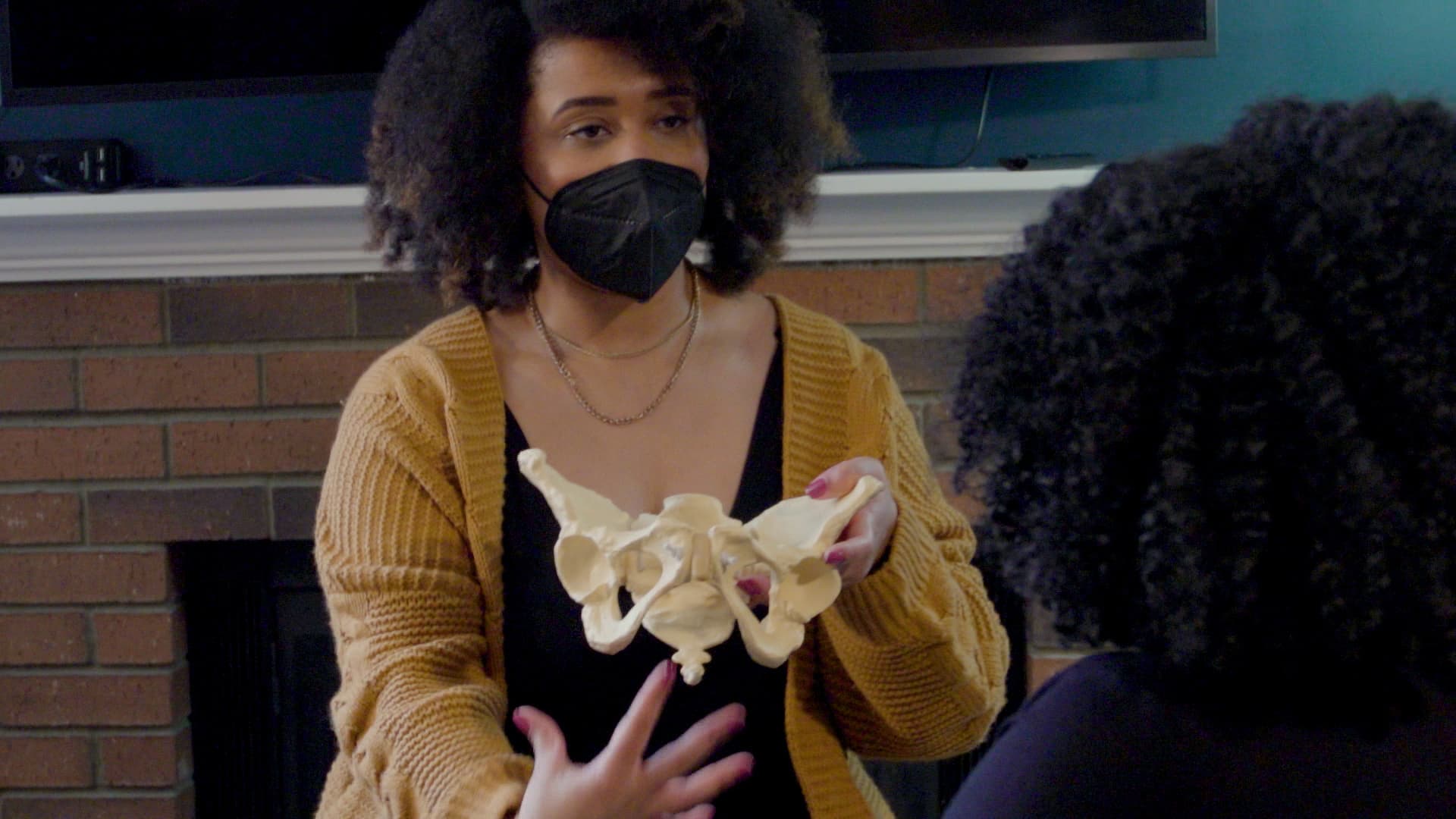
Griffin believes recognizing the relationship as an exchange of professional services also benefits her clients: "Now they're in charge. I'm not doing anyone a favor, and instead I'm just helping someone have a really empowered experience where they feel safe and peaceful."
Generational impact
Griffin hopes to be a doula until she's "old and gray."
In her nine years of experience, she's already seen a "huge shift" in people becoming aware of the disparities in health care for Black families. She says tennis star Serena Williams' life-threatening birthing experience was a "watershed moment" for public awareness of a biased medical system.
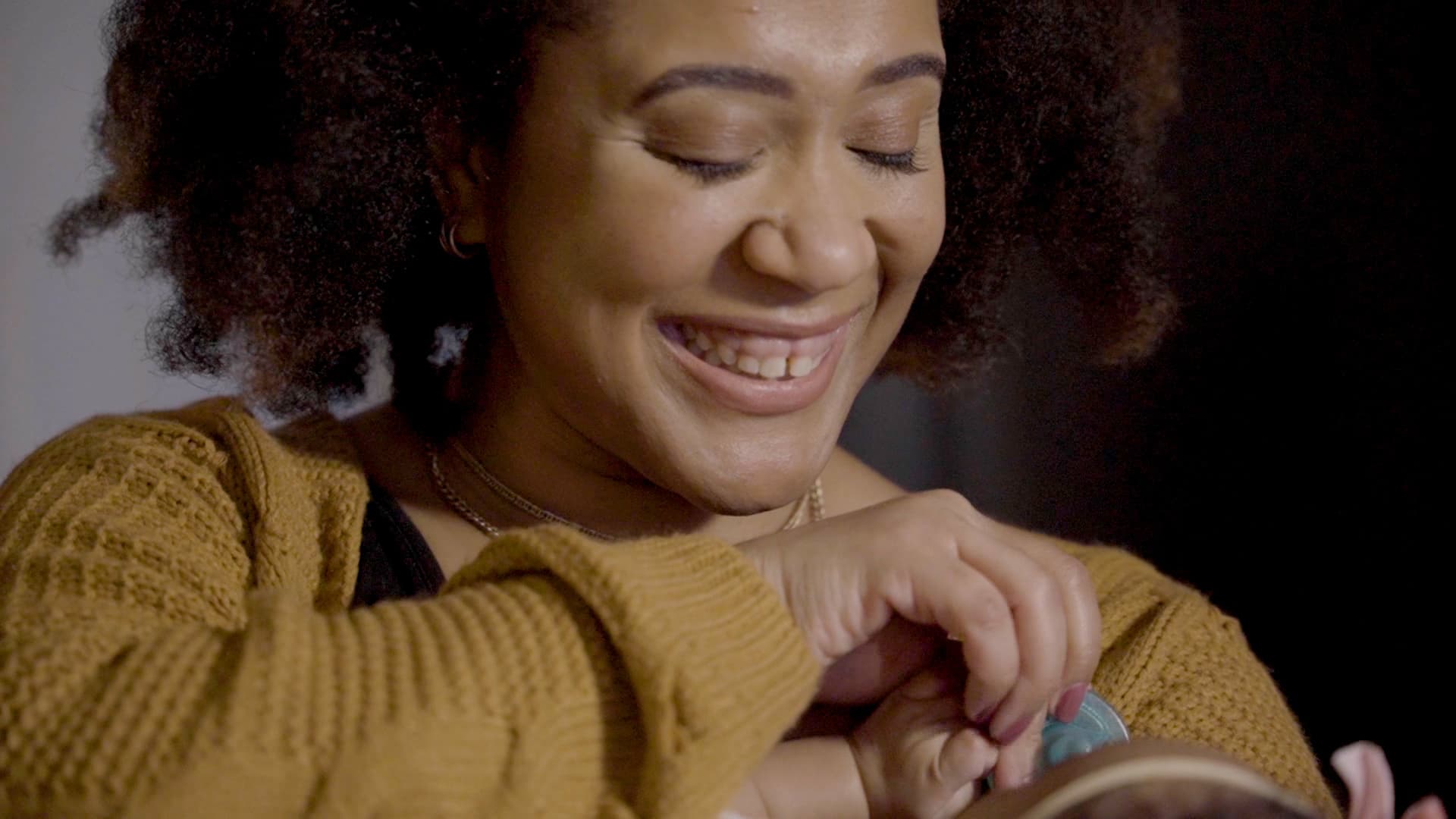
The issues that result in high Black maternal mortality rates have existed for a long time, so Griffin knows it will take more than her decade of experience in the field to make lasting changes. But she remains optimistic and focused: "I'm hopeful that we're at least headed in the right direction."
She also feels she'll have a lasting impact as a business owner who can mentor others in the space. "I want a small business that's grounded in the community and sticks around a really long time and pays living wages," she says. "I do hope that I get to support a few generations of people."
Do you have a creative or nontraditional career path? We'd love to hear from you! Fill out this form to be considered for a future episode of "On the Job."
Don't miss:
What it takes to earn $70,000 per year painting roller coasters in Kentucky
What it takes to make $80,000 shearing sheep in Seguin, Texas
What it takes to earn $105,000 a year as a plumber in San Antonio, Texas
Sign up now: Get smarter about your money and career with our weekly newsletter


